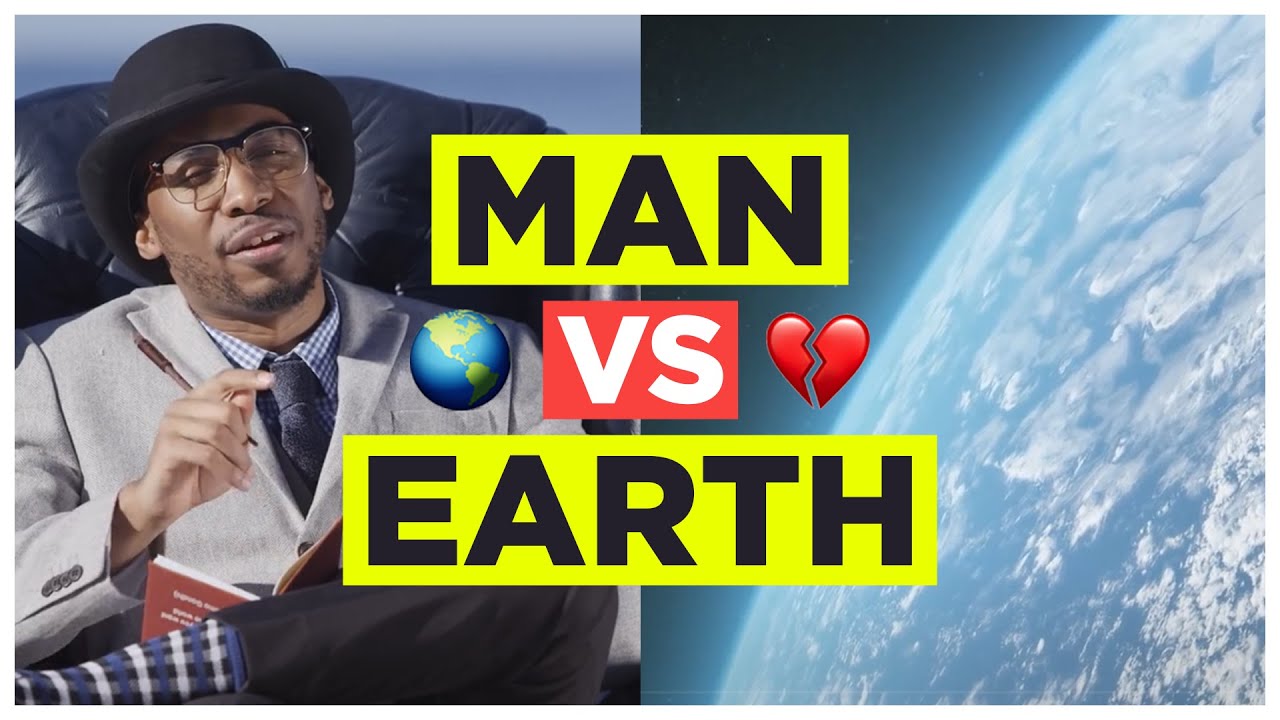Our work here at PeakProsperity.com focuses on raising awareness of the serious challenges facing humanity as we continue to live well beyond our economic, energetic and ecological means.
Through the Three Es framework presented in The Crash Course, we’ve engaged millions of critical thinkers around the world. And we’ve inspired many of them to invest in a more resilient lifestyle, for their sake as well as the planet’s.
But at this point, we’re still only talking to a small minority of the people in the world. And we’re always looking for new channels, new approaches, and new partners that can help get this message out to a wider audience: If humanity wants a future worth inheriting, we need to become agents of regeneration, not destruction.
We especially keep an eye out for effective vehicles that resonate with a younger demographic. The millennials and the generations behind them are the ones who need this information most, as they’re the ones who will experience the full brunt of the Three Es during their lifetimes and on whose shoulders the responsibility of finding solutions will rest.
But as older guys in our forties and fifties, Chris and I realize that we’re probably not the most compelling messengers to this segment. So we’re constantly looking for others who can be.
In that vein, this short video below from Prince Ea recently caught my attention. It delivers a hard-hitting emotional call-to-action for sustainability and resilience using much of the same data we frequently cite here at Peak Prosperity:
If there are people in your life, especially younger ones, whom you think would benefit from watching this video and contemplating the existential question it poses (Will we adapt our behavior in time to make it to the 4th Second?), please share it with them.
And if it succeeds in opening their minds to the importance of taking action now, send them a copy of our freshly-released 2nd edition of Prosper!. It’s been specifically edited to guide folks new to this message through the steps necessary to develop resilience in their lives.
Because, at the end of the day, information alone is not enough. Informed action is what the world needs now.
BULK ORDER DISCOUNT PRICING
Those wishing to purchase multiple copies of Prosper! can contact us here to receive the following price discounts (paperback version):
- 2-9 copies: $12.95/ea
- 10-24 copies: $7.95/ea
- 25-99 copies: $6.45/ea
- 100+: $4.95/ea
This is a companion discussion topic for the original entry at https://peakprosperity.com/making-it-to-the-4th-second/
